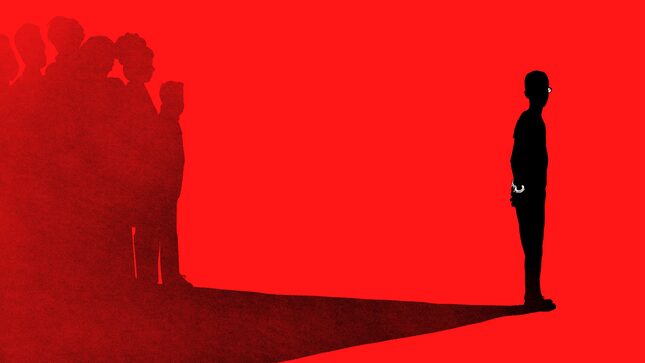Will Anyone Stand With the Next Ahmed Mohamed?
Latest

It’s been two weeks since Ahmed Mohamed’s story broke, and became somewhat of a feel-good viral event. It had all the right elements: a racist encounter with a rare happy ending; a worldwide trending hashtag; the support of people like Mark Zuckerberg and President Obama; invitations extended to conferences and schools, free stuff offered everywhere. The situation was rightly viewed as an extreme case of what so often happens; the unfortunate reality faced by kids like Ahmed met the silver lining of being validated, being heard.
In this, the world proved itself to be a little better than everyone had thought, maybe. “Our faith in humanity was restored.” Racist Islamophobia was, perhaps for the first time since 9/11, widely acknowledged as a cruel sham. And when Ahmed took to Twitter on his now verified @IStandWithAhmed account, he thanked the world for their support. He hadn’t expect people to “care about a Muslim boy.” A heartbreaking statement, and then it was proven wrong, right? At least for as long as a news cycle.
When the photo of Ahmed first went viral, the 14-year-old lanky in his NASA T-shirt, my brother sent me a message from six time zones away. I was emotional at that point, looking at Ahmed in handcuffs. He seemed—or maybe it was just me—to be holding back tears. His pain and embarrassment were extremely visible; he knew that he’d never forget this moment for the rest of his life.
I knew what my brother would say before he said it, because I was thinking it as well. Ahmed could have been my nephew or cousin, or any other nerdy and black Muslim kid we knew who was eager to please adults and prove their worth. What struck us both so hard—to the point of physical agitation, on my end—was the sense that it was a version of what had happened to us. Getting arrested over a clock was far more extreme than anything I’d experienced, but, having grown up in Canada, the child of Muslim refugees from East Africa, there was nothing about the escalation of his treatment that surprised me.
If you live in America and are black, Muslim or even both (the jackpot), you have had your intelligence and curiosity met with skepticism so many times that it becomes the norm. As the youngest of four siblings, I realize now that we barely understood what was happening. It was my siblings, actually, that took the place of the teachers that ignored me.
-

-

-

-

-

-

-

-

-

-

-

-

-

-

-

-

-

-

-

-

-

-

-

-

-

-

-

-

-

-

-

-

-

-

-

-

-

-

-

-








































